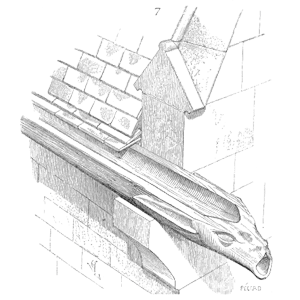
Failure Analysis:When is Enough, Enough
Abstract
John and Fred discussing how to know you have sufficient failure analysis to stop pursuing the analysis.
Key Points
Join John and Fred as they discuss root cause analysis and the necessary work to fully understanding the failure mechanism and the causes of the failure.
Topics include:
- Beyond symptoms and failure modes to determining the actual failure mechanism to solve.
- The complexity of few failed units and pressure to find a solution quickly
- A basic approach when presented with a few symptoms
Enjoy an episode of Speaking of Reliability. Where you can join friends as they discuss reliability topics. Join us as we discuss topics ranging from design for reliability techniques, to field data analysis approaches.

/
RSS Feed
Show Notes
 Ask a question or send along a comment.
Please login to view and use the contact form.
Ask a question or send along a comment.
Please login to view and use the contact form.
In implementing a DOE, what is the practicality of that in most manufacturers with very little time and resources to collect the right data?
A common theme with working on any type of RCA is that in working to define the independent variables that are affecting the response variable, there is usually more than one independent variable that affects the response variable. In fact, it is usually a combination of independent variables that are involved with creating a negative impact on a response variable. For example, I was working on a root cause analysis on a number of exhaust fans for a powder dryer system. Fan failure was an unwanted response, and after spending time researching historical data and failure modes there were a number of different failure modes including shaft imbalance, wrong grease viscosity, incorrectly installed spherical roller bearings, system resonance, incorrectly tensioned belts, incorrectly aligned sheaves, over-greasing, etc. The point I am making with this comment is that I often listen or read about RCA and the conversations usually revolve around a single failure mode, implementing a solution, then monitoring for a conclusion that the failure mode is under control. A DOE is a great tool for understanding a complex relationship like this, but if someone simply applies RCA with the intent of only finding one cause then they are misguided, and more often then not, they will not truly uncover the root causes.
Hi David, well said. Yes the real world is messy and being open to the messiness of it all is good advice. cheers, Fred
Hi David, not sure I fully understand the comment, yet DOE when done well, will save time and resources. Of course, this is compared to the one at a time experimentation or random shooting approaches.
Cheers,
Fred